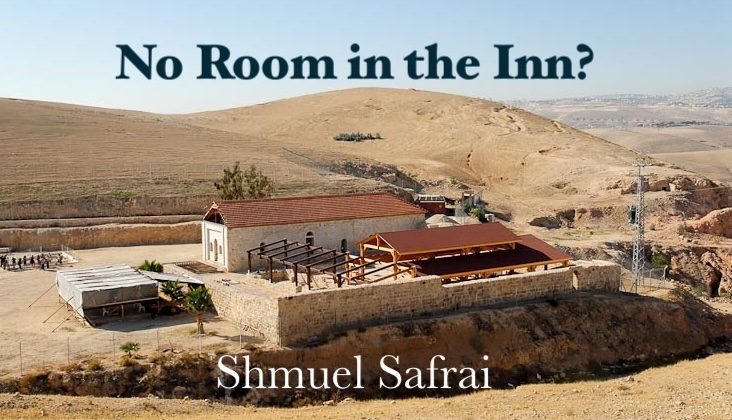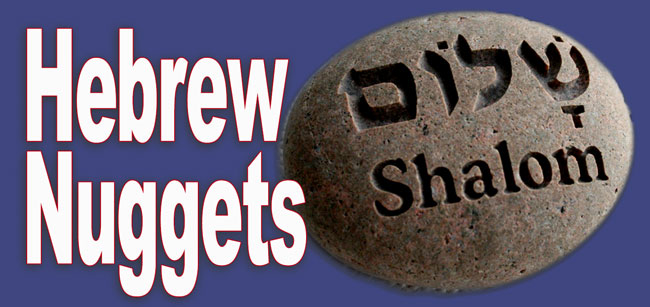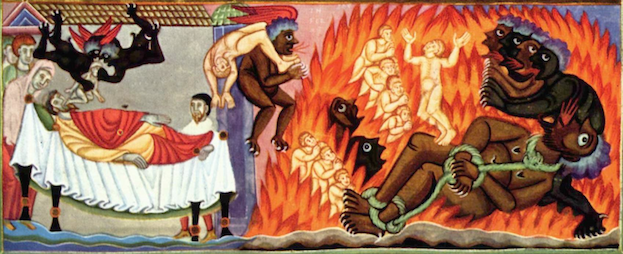There are many parallels between the teaching of Jesus and that of Jewish sages mentioned in rabbinic sources. An understanding of rabbinic sayings can provide added insight into what Jesus taught.
No Room in the Inn?

What was an inn like at the time of Jesus’ birth? Did it provide separate rooms, or was it like a dormitory with one big room?
Counting the Omer: On What Day of the Week Did Jesus Celebrate Shavuot (Pentecost)?

The date of Shavuot was the focus of one of the fiercest of many debates between the Pharisees and Sadducees.
“He Shall Be Called a Nazarene”

One of the titles given to Jesus was “Nazarene.” Where did the title come from, and did it have any special significance? Ray Pritz traces the title’s origins.
The Fallacy of Sacred Name Bibles

Some Christian teachers argue that it is wrong to translate God’s personal name as “LORD,” and that English Bible translators should use “Yahweh” instead.
“Jehovah”: A Christian Misunderstanding

In any attempt to understand the Bible, there is no substitute for a knowledge of ancient Jewish custom and practice. For example, the term “Jehovah,” which is found in many Christian translations of the Bible, originated due to Christian lack of awareness of Jewish custom.
Hebrew Nuggets, Lesson 28: Reading with Grace

In the twenty-seven lessons of the “Hebrew Nuggets” series, we have introduced fourteen Hebrew letters with the help of nine words. We will learn the remaining eight letters of the Hebrew alphabet by means of six more words. We begin the study of the word (ḤE·sed).
The Parable of the Rich Man and Lazarus: Did the Rich Man End Up in Hell or Gehenna? (Luke 16:22)

Mechanically reconstructing to Hebrew Greek texts found in Matthew, Mark and Luke on the basis of Septuagintal equivalents can widely miss the mark.
The Shema in Early Jewish Teaching

“Hear, O Israel: The Lord our God, the Lord is one” (Deut. 6:4), known as the Shema, is a foundational teaching of both Judaism and Jesus.

